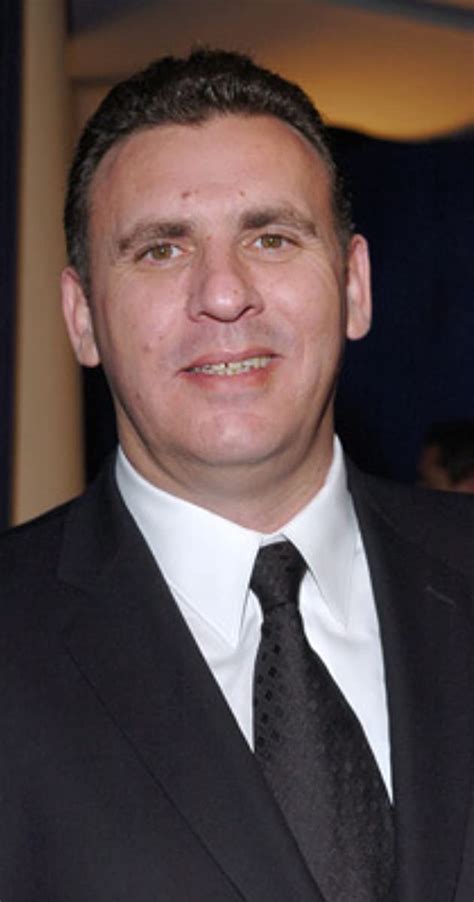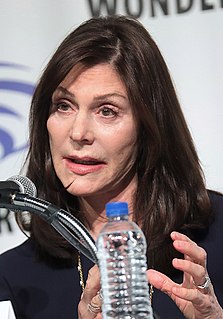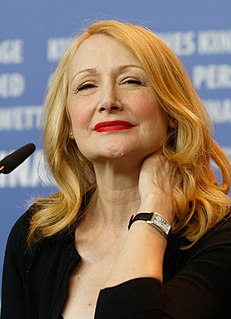A Quote by Cate Blanchett
I think the atmosphere on set really comes from the material, but also the director.
Related Quotes
It [moviemaking] is not really done on a yearly basis. It's about how the material, and when the material comes in. If you develop your material and the script comes in great and you can attach a director and a cast and go off and make it, then I could make, I don't know, six [movies] a year. Or I could make one. It really depends.
I think directing in a team is a really good idea because it stops the cult of the director as God straight away, and also you're discussing things on set so it opens it out to everyone and it becomes a totally collaborative thing. And you have someone who supports you when you're feeling a bit insecure.
To go into more specifics regarding actors, whether they're from Korea or the U.S., all actors know if they are loved by the director. When they feel that love from the director, they respond by giving a great performance on camera. Also, everyone on set - the crew, the actors - they were aware of the film's message and its broad theme, so these big issues were never discussed on set.
Your actors need to trust you as a director, but normally, I think you just need to have an open communication between the actors and the director. I think the director needs to really paint his or her vision to the cast and let them know the kind of mood that he or she is making. I think that's very important.
I will say from the outset, I think if you're great, you're great from the very beginning. And because I do think it is innate and I do think it is a gift you just have, and I don't think you can - you can hone the skills of a director, but sadly, I do think that you are born a great director. I think it's just in you and it's something that is deep in you. But, I find it can be difficult working with first-time directors, but it's also moving.



































